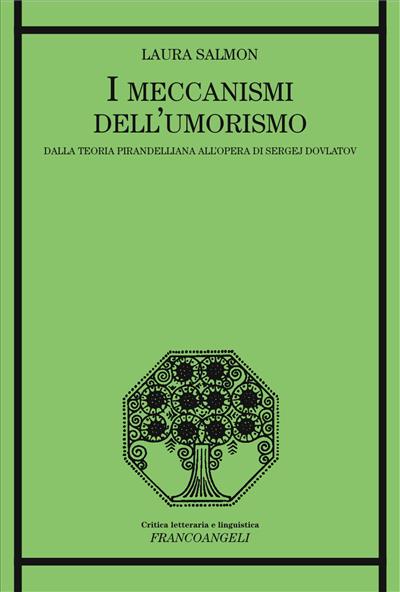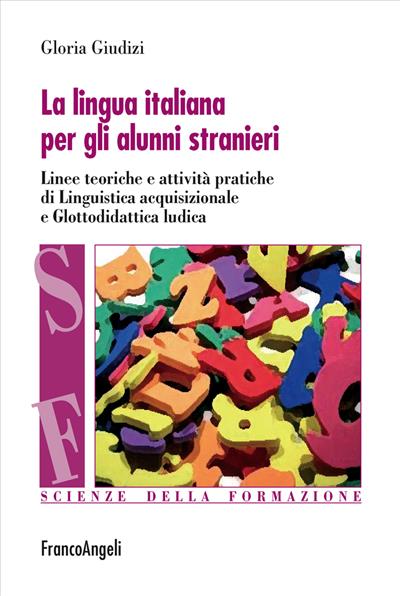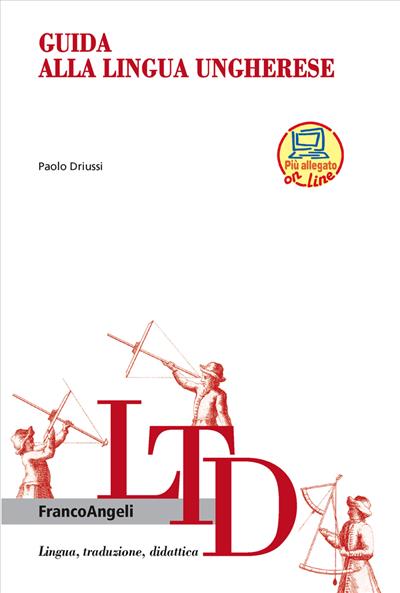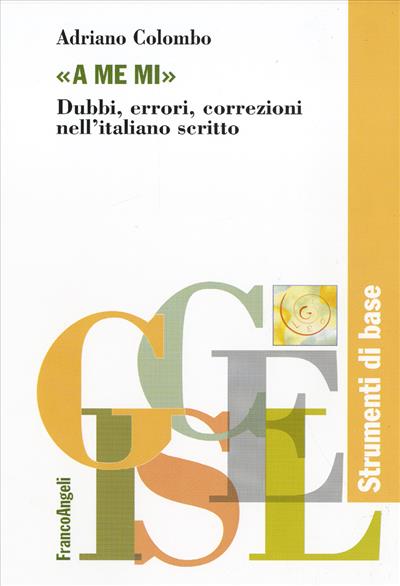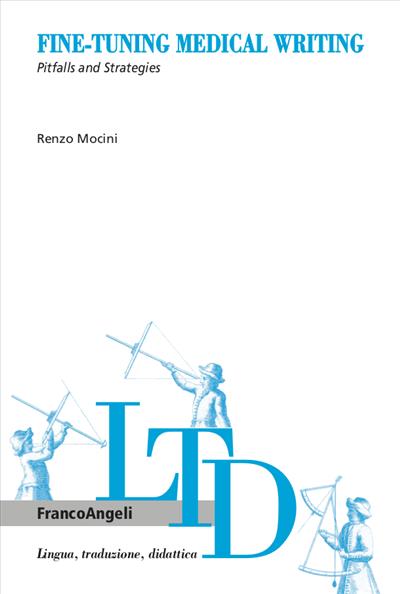
Fine-Tuning Medical Writing
Pitfalls and strategies
This book is the outcome of a series of reflections concerning some of the major difficulties Italian healthcare researchers and students often encounter when writing academic articles in English. The contents of the volume are informed by an interdisciplinary approach based mainly on the PICO model, a mnemonic expedient used in Evidence-Based Medicine and referring to the four elements typical of clinical inquiry (Patient/Problem, Intervention, Comparator, Outcome) and the possible harbinger of recovery.
Pagine: 158
ISBN: 9788835107149
Edizione: 1a edizione 2020
Codice editore: 1058.57
Disponibilità: Buona
